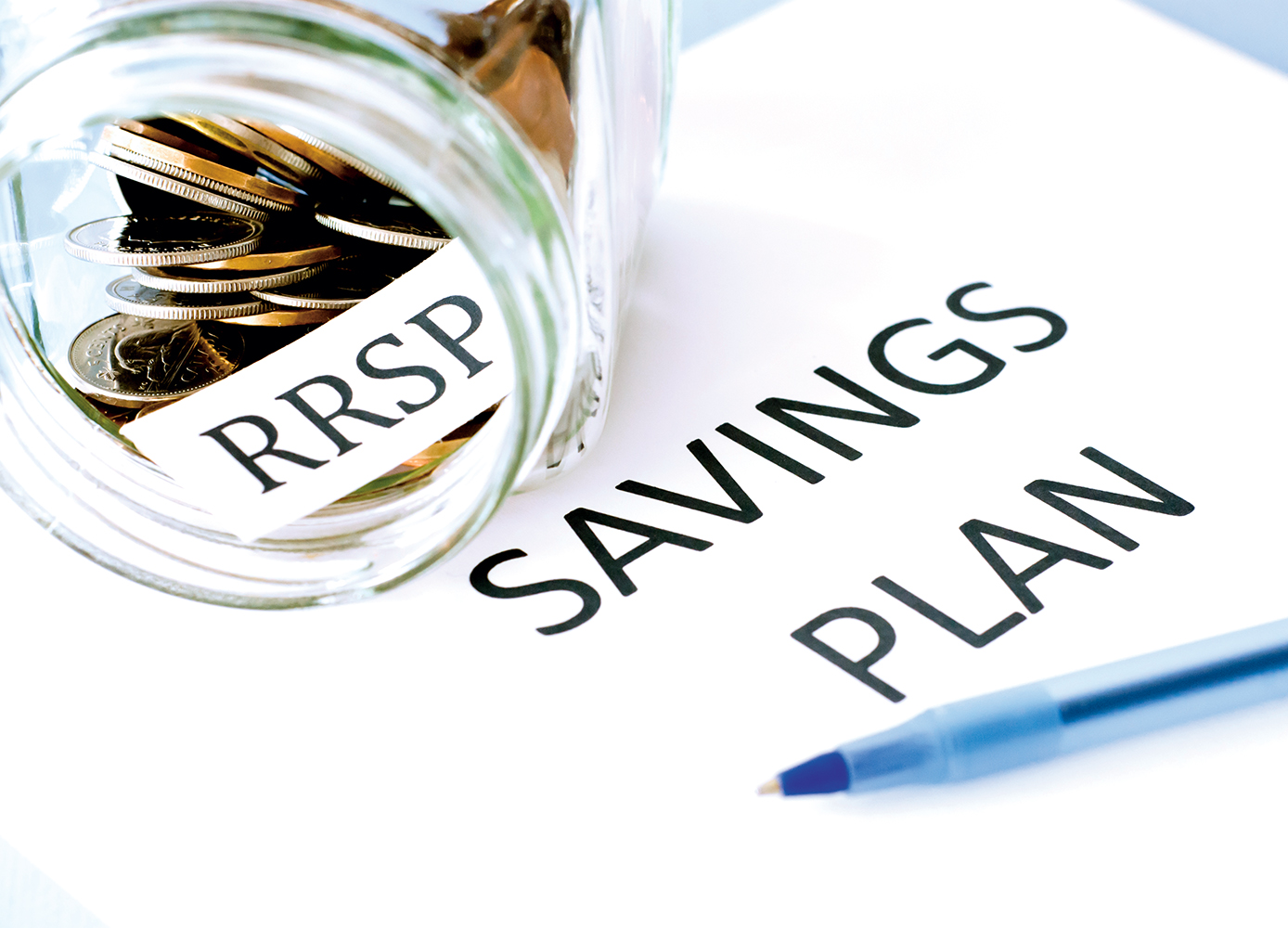Don’t let these common misconceptions keep you from saving wisely
By Matt Smith
You’ll lose all your earned interest to taxes.
Many Canadians write off RRSPs to avoid being taxed in future. Yes, you will be taxed on withdrawals, but don’t forget the tax deduction you get when you contribute to your RRSP. That money will earn interest and then interest on interest—all tax-free and when you finally retire and make withdrawals from your RRSP, you’ll likely be in a lower tax bracket than when you made the contributions and will therefore pay a lot less tax on the money you contributed than you would have had you not put it away for later.
It’s better to save in a TFSA.
It’s easy to get hung up on the fact that Tax-Free Savings Accounts are by definition tax-free— withdrawals aren’t taxed, though you don’t get a tax deduction when you contribute—and forget the benefits of tax-deferred RRSPs. If you’re expecting a lower tax rate in retirement, then RRSPs are likely the better option. However, if you anticipate landing in a higher tax bracket or if you face clawbacks of your GIS/OAS benefits in retirement, then a TFSA may be the better choice.
You can’t withdraw until retirement.
In fact, you can access the funds in your RRSP at any time, but you’ll pay tax on the withdrawal. However, there are a couple situations in which the withdrawal won’r be taxed. Under the Lifelong Learning Plan, you and your spouse are both eligible to withdraw up to $20,000 to cover the costs of education or vocational training. The Home Buyers’ Plan also allows you and your spouse to withdraw up to $25,000 towards a down payment if you’re buying your first home. You have to repay the money to the RRSP within 10 years in the case of the Learning Plan and 15 years for the Home Buyer’s Plan.
You don’t have enough money to invest.
According to a CIBC poll, Canadians’ top reason for not contributing to RRSPs is the belief that they don’t have the money to save. Although it may seem more appealing to wait until you can deposit a large lump sum, even modest, regular contributions will add up substantially over time thanks to compounding interest. If you haven’t already, you may want to consider setting up pre-authorized contributions with your bank so that a set amount from each paycheques is diverted to your RRSP.
Photo: iStock/c-George.




